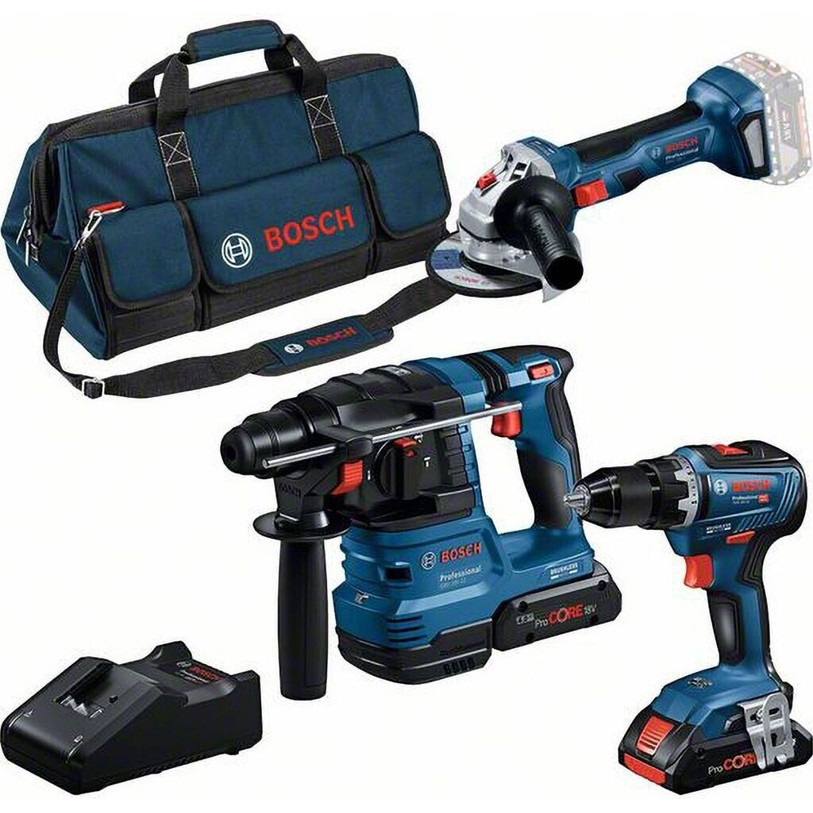The Importance of Routers in a Case: A Comprehensive Guide
In today's digitally linked world, routers work as the foundation of home and workplace networks. Nevertheless, routers are not merely functional gadgets; they likewise feature a number of features that affect efficiency, durability, and performance. One such feature is the enclosed case or chassis, which is vital for securing the router's hardware and ensuring ideal performance. This post explores the significance of a "Router in a Case," describing its advantages, elements, and why it matters in the realm of networking.
Understanding Routers and Their Purpose
A router is a networking device that forwards information packets between computer networks. It enables interaction between different devices, such as laptops, smart devices, and printers, enabling them to share a web connection effectively.
Key Functions of Routers:
- Data Packet Routing: Directs internet traffic smartly so that data reaches the correct device.
- Network Address Translation (NAT): A function that allows several gadgets to share a single IP address.
- Firewall program Protection: Often integrated into routers, this feature safeguards the network from unapproved access.
- Wireless Access Point (WAP): Most modern routers likewise function as wireless access points, supplying Wi-Fi connection.
Why Is the Case Important?
The case of a router plays a substantial function in:
- Heat Dissipation: Routers create heat while operating. A well-designed case permits for ideal air flow and assists in efficient heat dissipation.
- Sturdiness: A sturdy case secures internal components from physical damage, dust, and moisture.
- Visual Appeal: A visually enticing style can boost the appearance of your office or home.
- Port Accessibility: Good cases frequently have tactical openings for easy access to ports and buttons.
Kinds Of Router Cases
Let's analyze the variations in router cases, concentrating on product and style.
| Type | Material Used | Advantages | Downsides |
|---|---|---|---|
| Plastic Cases | High-density polyethylene | Lightweight, economical, helpful for heat insulation | Less durable than metal; may warp over time |
| Metal Cases | Aluminum or steel | Extremely resilient, outstanding heat dissipation | Much heavier, more expensive |
| Customized Cases | Differed (3D printed or tailored) | Tailored to the specific requirements and design preferences | Normally more expensive and might take some time |
Advantages of Using Router Cases
1. Improved Performance
Effectively designed cases enable routers to operate effectively. When heat is efficiently managed, the router can maintain optimum performance without throttling speed.
2. Relationship with Signal Strength
Remarkably, the case product can affect signal strength. Metal cases may obstruct specific signals, which can cause dead zones in Wi-Fi protection. Comprehending this relationship assists users make notified decisions when picking a router.
3. Visual Consideration
In the age of sleek technology, many consumers value a router's style as much as its functionality. Cases can enhance company, particularly when offered a contemporary or complementary aesthetic.
4. Stability and Security
A robust case guarantees stability, avoiding the router from being quickly knocked over or harmed, particularly in homes with pets or kids. Some cases even consist of lock functions for safe network environments.
Important Features to Look for in a Router Case
When thinking about a router in a case, certain features must not be neglected:
- Ventilation: Look for cases with sufficient ventilation holes or mesh panels that allow heat to leave.
- Port Access: Ensure all required ports (USB, Ethernet) are quickly accessible.
- Installing Options: Some cases offer mounting capabilities for wall installations, which can save area and improve cable management.
- Modularity: A modular style can permit for upgrades or changes to the router without requiring to purchase a whole brand-new case.
FAQs
1. Do all routers come with cases?
Not all routers feature designated cases, specifically entry-level designs. However, many higher-end or service routers may include a protective chassis.
2. Can I utilize any case for my router?
No, it's important to select a case that is suitable with the particular model of your router to guarantee correct fit and performance.
3. How can Mauernutfräse Test improve the heat dissipation of my router?
Think about utilizing a case created for optimum air flow, or use additional cooling options like external fans if you notice performance issues due to overheating.
4. Will a metal case always be much better?
Not necessarily. While metal cases offer sturdiness and heat dissipation, they can likewise block Wi-Fi signals. It's important to weigh the benefits and drawbacks based on private networking requirements and environments.
5. Is it worth investing in a custom-made case for my router?
This depends on your specific requirements. Customized cases can provide distinct functionality and design matched to specific preferences, but they might be more expensive than standard options.
Understanding the role and significance of a router in a case offers invaluable insights for enhancing your home or workplace network. With the right case, a router can carry out efficiently, stay cool, and blend aesthetically into its environment. Whether one selects a basic case or opts for a tailored version, being informed about the advantages and features can contribute considerably to a more reputable and trendy web experience.
To ensure maximum efficiency from an invaluable tool, always keep in mind that a well-protected router is likewise a well-functioning router.

